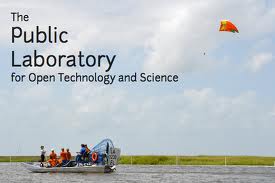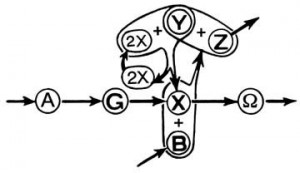 The Public Laboratory for Open Technology and Science (Public Lab) is a community which develops and applies open-source tools to environmental exploration and investigation. By democratizing inexpensive and accessible “Do-It-Yourself” techniques, Public Laboratory creates a collaborative network of practitioners who actively re-imagine the human relationship with the environment.
The Public Laboratory for Open Technology and Science (Public Lab) is a community which develops and applies open-source tools to environmental exploration and investigation. By democratizing inexpensive and accessible “Do-It-Yourself” techniques, Public Laboratory creates a collaborative network of practitioners who actively re-imagine the human relationship with the environment.
The core Public Lab program is focused on “civic science” in which we research open source hardware and software tools and methods to generate knowledge and share data about community environmental health. Our goal is to increase the ability of underserved communities to identify, redress, remediate, and create awareness and accountability around environmental concerns. Public Lab achieves this by providing online and offline training, education and support, and by focusing on locally-relevant outcomes that emphasize human capacity and understanding.
Download a PDF overview of Public Laboratory's work here: public-laboratory-overview-11-22-11.pdf
Join now at: publiclaboratory.org/join
We're developing new tools in the spirit of Grassroots Mapping, meaning:
- low cost
- data legibility (including a preference for maps and other rich visual means of representation)
- ease of use/low barrier to entry
- public participation
- high quality, environmentally and socially relevant data
- creative reuse of consumer technology
- open source and user modifiable design




